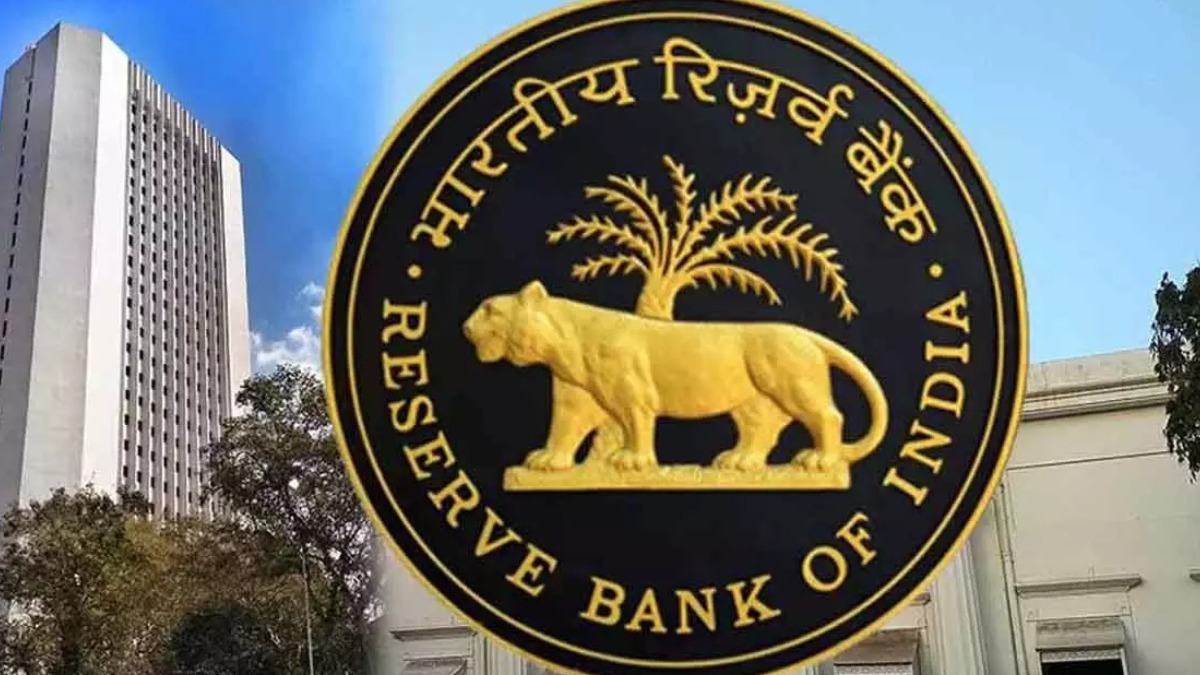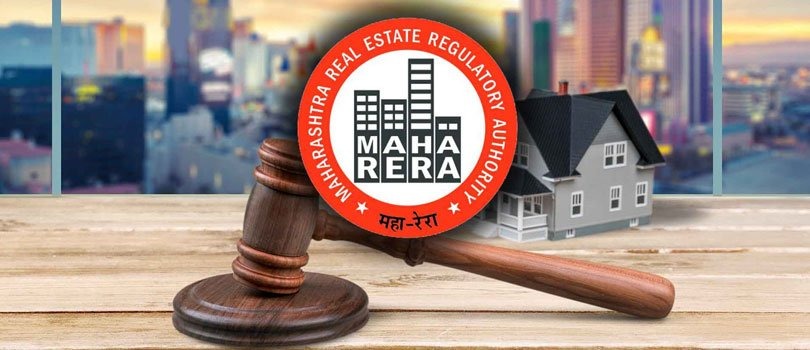@JUDGMENTTAG-ORDER
S. Parvatha Rao, J.@mdashThe petitioner questions the order of the learned Principal Subordinate Judge at Tenali dated 28-3-1992 allowing E.P. No. 141 of 1990 in O.S. No. 78 of 1986 filed under Order 21 Rule 46 of the CPC by the Decree-holder i.e., the 1st respondent herein, against the petitioner herein who is the3rd judgment-debtor, for the recovery of the decree amount in O.S. No. 78 of 1986 by attachment of Rs. 15,000/- lying in fixed deposit in the name of the petitioner herein in the 1st respondent-Bank together with interest which accrued thereon.
2. It is not in dispute that the 1st respondent-bank obtained a joint and several decree in that suit dated 20-3-1990 against the petitioner and respondents 2 to5 which they are to satisfy personally. As the judgment-debtors did not pay any amount, the bank filed the E.P. as stated above and the said E.P. was allowed rejecting the objections raised on behalf of the petitioner herein.
3. The learned Counsel for the petitioner questions the said order of the learned Subordinate Judge relying on the decision of the Supreme Court in
4. That contention was unsuccessfully advanced before the learned Subordinate Judge also relying on
"It is pertinent to note that the decree-holder obtained personal decree in O.S. No. 78/86 against the judgment-debtors 1 to 5 and they are jointly and severally liable to pay the decree amount and the decree debtor in question is not a mortgage debt and the principle laid down in the above decision (Manku Narayana''s) is not applicable to this case. There is no impediment for the decree-holder to proceed against any of the judgment-debtors to recover the decree debt as the liability of the judgment-debtors 1 to 5 is joint and several. For the above reasons, the contention of J.D.3 (the petitioner herein) that the decree-holder in the instance cannot proceed against the J.D.3 for realisation of the decree amount cannot be accepted."
5. That reasoning of the learned Subordinate Judge is perfectly valid, though if
"The decree in execution is a composite decree, personally against the defendants including the respondent and also against the mortgaged property, xxxx xxxx xxxx We are of the view that since a portion of the decreed amount is covered by the mortgage, the decree-holder Bank has to proceed against the mortgaged property first and then proceed against the guarantor. Since the High Court was not told that such steps Were taken, we do not think we will be justified in holding that the High Court was in error in making the direction which is under challenge before us."
6. On 30-4-1992 in
"In the present case before us the decree does not postpone the execution. The decree is simultaneous and it is jointly and severally against all the defendants including the guarantor. It is the right of the decree holder to proceed with it in a way he likes. Section 128 of the Indian Contract Act itself provides that the liability of the surety is co-extensive with that of the principal debtor, unless it is otherwise provided by the contract".
Manku Narayana''s case (1 supra), was overruled holding as follows:-
"The decree for money is a simple decree against the judgment-debtors including the guarantor and in no way subject to the execution of the mortgage decree against the judgment-debtor No. 2. If on principle a guarantor could be sued without even suing the principal debtor there is no reason, even if the decretal a mount is covered by the mortgaged decree, to force the decree-holder to proceed against the morgaged property first and then to proceed against the guarantor. It appears the above quoted observations in Manku Narayana''s case (1 supra) are not based on any established principle of law and/or reasons, and in fact, are contrary to law. It, of course, depends on the facts of each case how the composite decree is drawn up. But if the composite decree is a decree which is both a personal decree as well as a mortgage decree, without any limitation on its execution, the decree-holder, in principle, cannot be forced to first exhaust the remedy by way of execution of the mortgage decree alone and told that only if the amount recovered is insufficient, he can be permitted to take recourse to the execution of the personal decree........ But the observations of the Court in Manku Narayana''s case (1supra) that even if the two portions of the decree are severable and merely because a portion of the decretal amount is covered by the mortgage decree, the decree-holder, per force has to proceed against the mortgaged property first are not based on any principle of law. With all due respect to the learned Judges, in the light of the observations made by us earlier, we are constrained to observe that Manku Narayana''s case (1 supra) was not correctly decided."
It is significant that the Supreme Court observed further as follows:-
"The guarantor in the present suit never took any plea to the effect that his liability is only contingent if remedies against the principal debtors fail to satisfy the dues on the decree-holder. If such a plea had been taken and the Court trying the suit and considered the plea and gave any finding in favour of the guarantor, then it would have been a different position, but in the present case, on the fact of the decree, which has become final, the Court cannot construe it otherwise than its tenor. No executing Court can go beyond the decree. All such pleas as to the rights which the guarantor had, had to be taken during trial and not after the decree while execution is being levied."
7. I have also to notice a much earlier decision of a three Judges Bench of the Supreme Court in
"Under Section 128 of the Indian Contract Act, save as provided in the contract, the liability of the surety is coextensive with that of the principal debtor. The surety became thus liable to pay the entire amount, his liability was immediate. It was not deferred until the creditor exhausted his remedies against the principal debtor.
Before payment the surety has no right to dictate terms to the creditor and ask him to pursue his remedies against the principal in the first instance........In the absence of some special equity the surety has no right to restrain an action against him by the creditor on the ground that the principal is solvent or that the creditor may have relief against the principal in some other proceedings.
Likewise where the creditor has obtained a decree against the surety and the principal, the surety has no right to restrain execution against him until the creditor has exhausted his remedies against the principal.
Referring to the argument based on Order 20 Rule 11(1) and Section 151 of the CPC that the Court passing the decree has the power to impose the condition that the judgment-debtor (sic. decreeholder) - creditor would not be to enforce the decree against the surety until the creditor had his remedies against his principal, the Supreme Court observed in Damodar Prasad''s case (3 supra), as follows:-
"For making an order under Order 29, Rule 11(1) the Court must give sufficient reasons. The direction postponing payment of the amount decreed must be clear and specific. The injunction upon the creditor not to proceed against the surety until the creditor has exhausted his remedies against the principal is of the vaguest character. It is not stated how and when the creditor would exhaust his remedies against the principal......... The Trial Court gave no reasons for this extraordinary direction..........But the solvency of the principal is not a sufficient ground for restraining execution of the decree against the surety. It is the duty of the surety to pay the decretal amount..........The very object of the guarantee is defeated if the creditor is asked to postpone his remedies against the surety. In the present case the creditor is a banking company. A guarantee is a collateral security usually taken by a banker. The security will become useless if his rights against the surety can be so easily cut down."
8. In view of the recent decision of the Supreme Court, though rendered after the order of the learned Subordinate Judge impugned in the present C.R.P., that order gains support and cannot be interfered with. The learned Counsel for the petitioner did not question the order of the learned Subordinate Judge on any other ground.
9. In the result, the Civil Revision Petition is dismissed. No costs.

